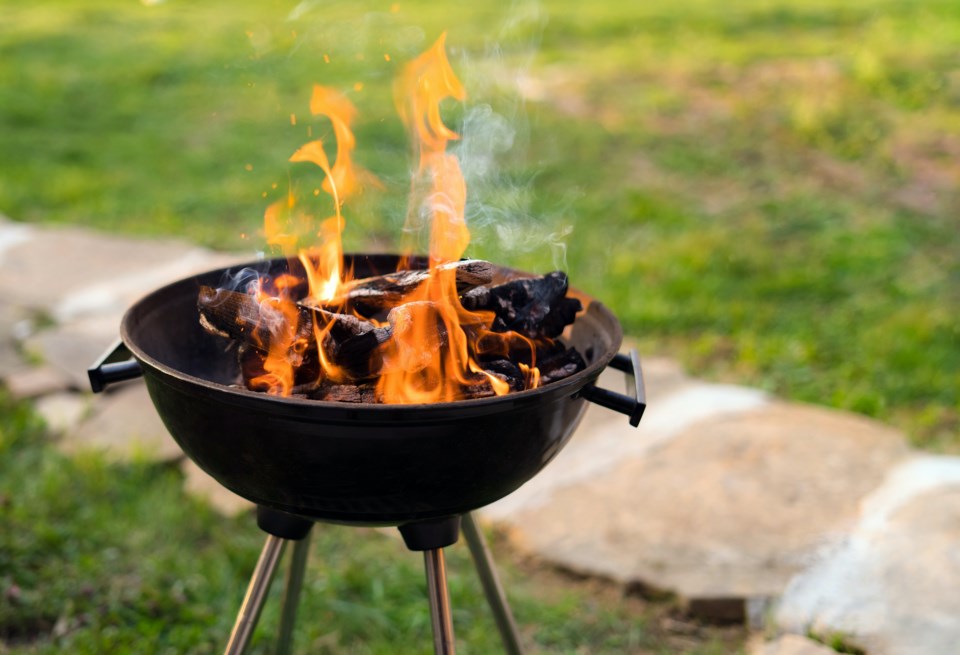A provincial fire ban comes into effect in B.C. at noon on Thursday (May 18) but Vancouver residents may not be aware that there are several ways to start a fire, especially in the heat.
Flames aren't needed to start a fire.
For instance, oily rags left out in the heat can spontaneously combust in high temperatures, even without a spark, and hot metal from combustion engines can set wood on fire.
Risk of fire increased in Vancouver in hot weather
The Vancouver Fire Rescue Service says they typically average 10 fires per day in the city, but over the past week, crews were responding to increases on top of those fires.
They ask locals to be diligent while cooking, to properly dispose of smoking materials, and remind them that no outdoor burning or flames of any kind are permitted in the city.
Cigarettes and other smoking materials should be disposed of in containers that have sand or water inside. Throwing them away in planters, garbage cans, garbage chutes, and out of cars or building windows can be dangerous and start fires.
Tips for safely cooking outdoors
The City of Vancouver prohibits fire pits and chimineas, those tall 70-style outdoor fireplaces that look like something out of Architectural Digest, even on private property, and offer several tips for staying safe when cooking outdoors.
Cooking food on a barbecue is allowed on private property and in some parks and beach areas but flammable liquids must be kept away from live coals to avoid explosions and burns.
Never use gasoline, naptha, or other flammable materials to start a charcoal fire, only approved charcoal electrical starters or chemicals in cake form, and don't add fire starter after you have started the barbeque. Instead, the City recommends tucking dry kindling underneath coals to rekindle a dying fire.
They also suggest keeping a container of water nearby when the coals are burning and soaking the coals in water once you finish cooking to prevent re-ignition. Damp or wet coals kept in unventilated areas can spontaneously combust while drying.




